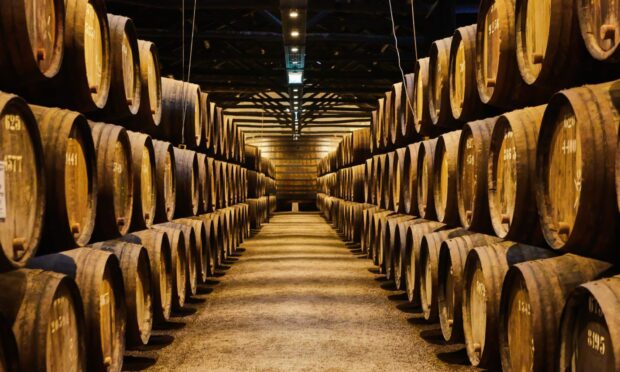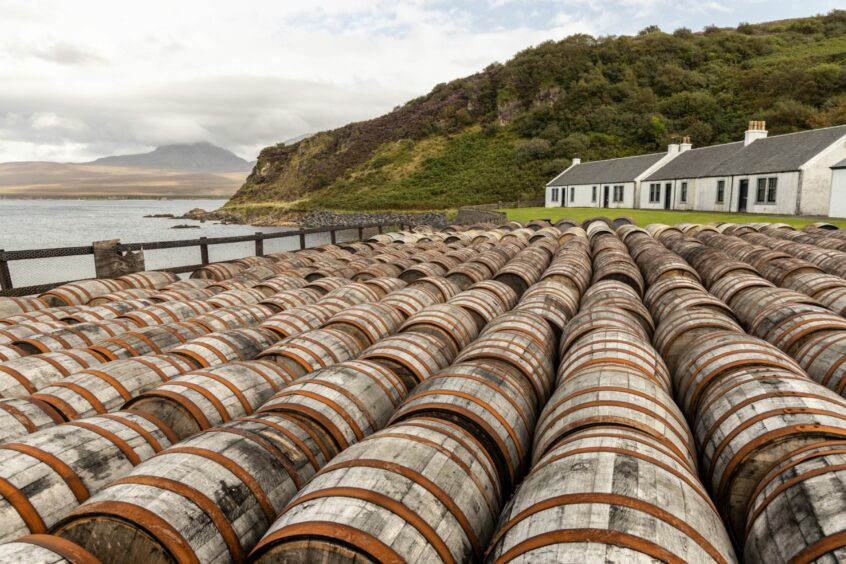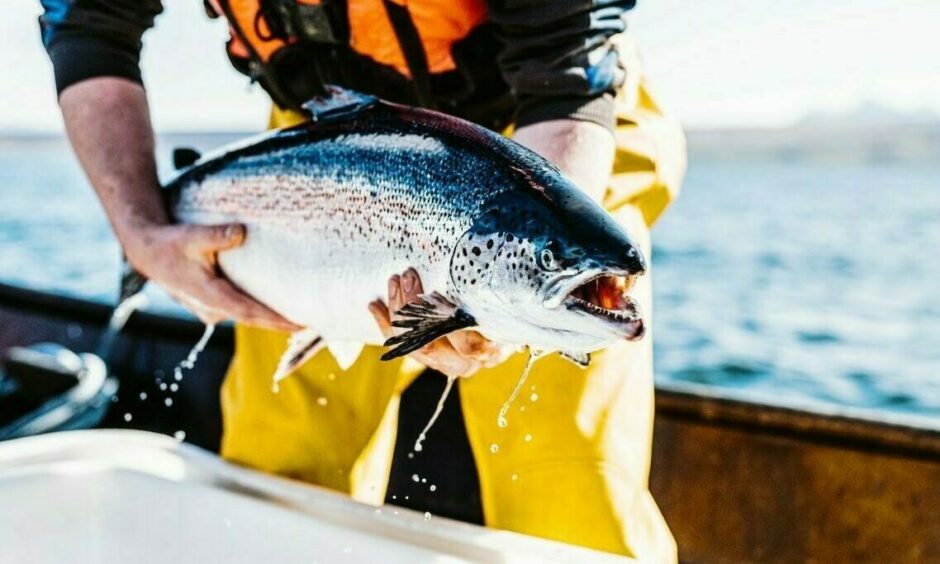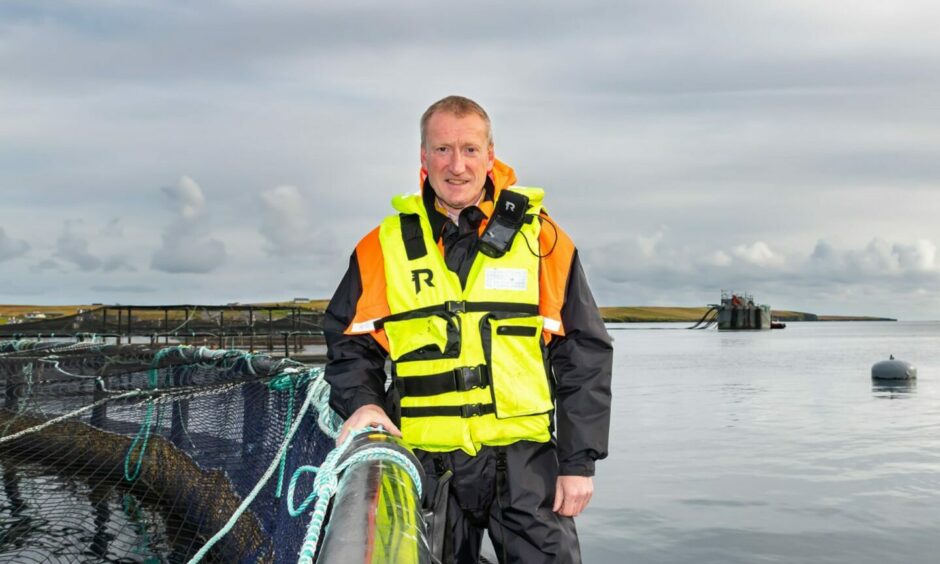Scottish food and drink staples, whisky and salmon have reported mixed 2022 results, although the former posted global exports growing to more than £6 billion for the first time.
According to figures released by the Scotch Whisky Association (SWA), the value of Scotch exports was up 37% by value, to £6.2bn in 2022.
The number of 70cl bottles exported also grew by 21% to the equivalent of 1.67bn.
The Asia-Pacific region overtook the EU as the industry’s largest regional market, with double-digit growth in Taiwan, Singapore, India and China as the post-Covid recovery continued.
While established EU markets such as France, Germany and Spain continued their post-pandemic bounce-back with strong growth in 2022, India replaced France as the largest Scotch whisky market by volume.
Despite double digit growth, Scotch whisky still only comprises 2% of the Indian whisky market.
SWA analysis shows a UK-India Free Trade deal which eases the 150% tariff burden on Scotch whisky in India, could boost market access for Scottish distilleries allowing for an additional £1bn of growth in the next five years.
In North America, the US continued its recovery following the impacts of tariffs on single malt Scotch whisky to again be the industry’s only market with exports valued at more than £1bn.
Travel retail opens window for Scotch
SWA chief executive Mark Kent said: “During a year of significant economic headwinds and global supply chain disruption, the Scotch whisky industry continued to be an anchor of growth, supporting investment and job creation across Scotland and the UK.
“Passing £6bn in export value for the first time is a milestone and testament to the work of our member companies and the tens of thousands of employees across Scotland and the UK supply chain who make Scotch whisky a global success story.
“In 2022, the industry benefited from the full re-opening of hospitality businesses in key global markets, as well as the return of global travel retail which opens such an important window for Scotch whisky to business and leisure travellers.
“Looking ahead, the industry will have to continue to navigate economic headwinds, including global inflationary pressures, domestic energy and business costs as well as a reduction in consumer confidence.”
One major fly in the overall good news ointment however, are plans by the Scottish Government to potentially restrict alcohol marketing.
Holyrood has published a consultation document: “Restricting alcohol advertising and promotion,” which sets out why it wants to cut down the industry’s ability to market itself in order to “reduce the appeal of alcohol to our young people.”
Cloud on the horizon with alcohol marketing restrictions proposal
The swingeing set of measures might see booze put out of sight in shops as tobacco is today, while paper and online advertising could be severely curtailed along with alcohol visibility at sporting events.
To that end, the SWA noted it was “looking forward to collaborating with government and regulators” on initiatives including sustainability and responsible drinking.
Salmon now UK’s largest food export
Separately, figures from HM Revenue and Customs showed Scottish salmon being the UK’s largest food export in 2022, although overseas sales of fresh, whole fish fell 6% to £578m.
France led global salmon demand overall with 54 countries importing the product, with North America and Asia reporting strong uptake.
Overseas Scottish salmon sales outperformed all the UK’s other main food exports including bakery goods, chocolate, cheese, cereals and lamb.
Farm-raised salmon directly employs 2,500 people in Scotland and a further 10,000 jobs are dependent on the sector.
The EU accounted for almost 64% of sales, with the US and Chinese markets remaining popular.
The volume of fish transported overseas fell by 26% reflecting tight supplies globally and more Scottish salmon being sold in the UK domestic market – which is valued at around £1.2bn per year.
Salmon Scotland chief executive Tavish Scott said the success of the industry was a “success story that we can all be immensely proud of”.
He added: “With such pressure on public services during the cost-of-living crisis, the revenue generated by our farmers has never been more important.”
For her part, Scottish rural affairs secretary Mairi Gougeon added: “Scottish salmon is a world-renowned brand and its success is testament to the quality of Scottish salmon as a product.
Overseas growth means ‘more jobs across Scotland’
“That is why we are committed to our ongoing work to encourage investment in research, development and innovation in Scotland’s aquaculture sector alongside robust management measures, so consumers can continue to have confidence in the sustainability of Scottish seafood.
“Food and drink is one of our priority export sectors and the continued growth in global markets means more jobs and investment across Scotland.”





Conversation